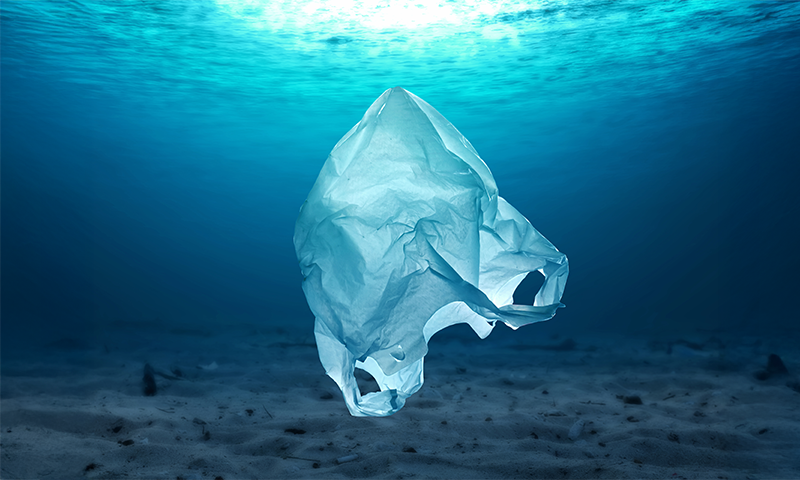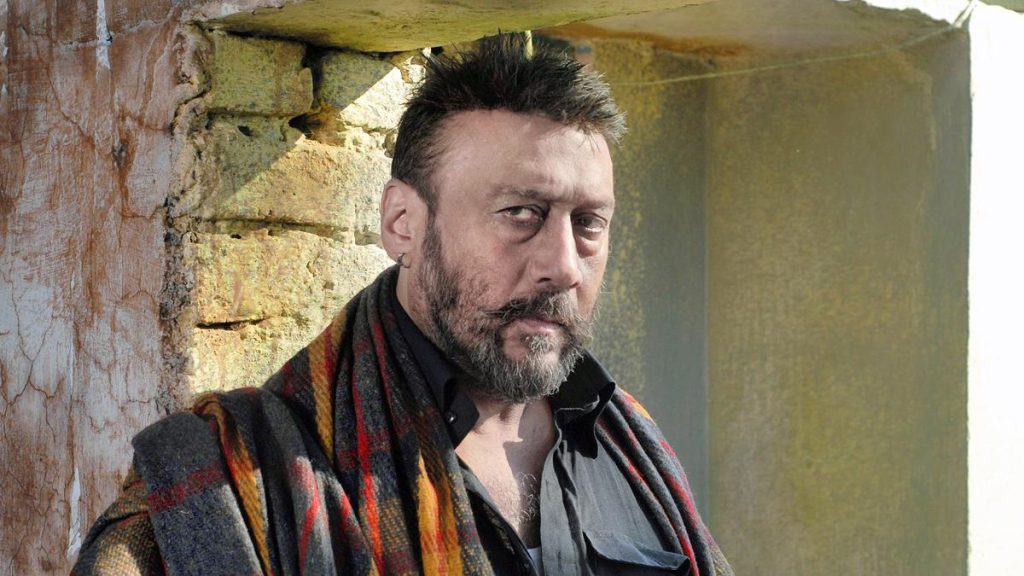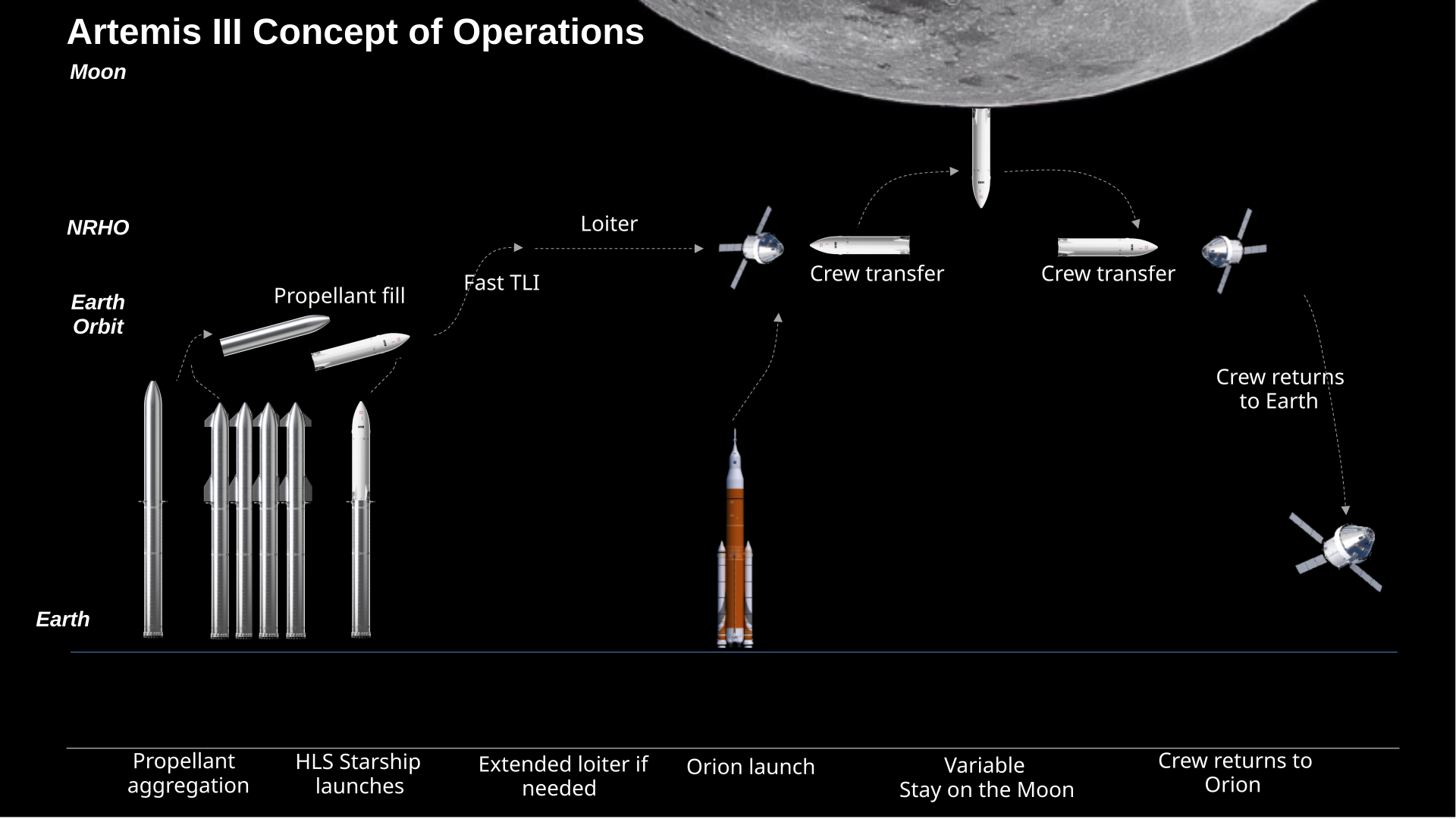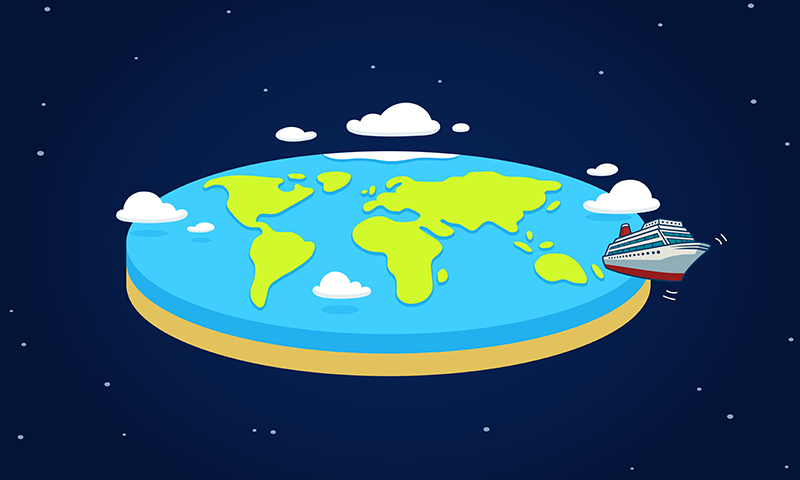Now Reading: Plastic Pollution: A Question of Morality?
-
01
Plastic Pollution: A Question of Morality?
Plastic Pollution: A Question of Morality?

rapid Summary:
- Teh global plastics crisis continues to escalate,with plastic pollution affecting ecosystems,human health,and biodiversity across the planet.
- A UN committee has been negotiating an international treaty to limit new plastic production and minimize harmful effects since 2022; however, talks have stalled due to disagreements.
- Key nations like Russia, India, and Saudi Arabia have opposed proposals for capping virgin plastic production.
- Delegates from over 170 countries are meeting in Geneva to push for a final agreement on the treaty before the extended deadline expires.
- External influences include memos from U.S.officials urging rejection of production caps and advocacy for a science-based treaty by religious leaders such as the Dalai Lama and Bartholomew I of Constantinople.
- The Dalai Lama emphasized curbing unnecessary use while prioritizing health and surroundings. Other religious figures underscored holistic solutions promoting ethical stewardship of Earth’s resources.
Indian Opinion Analysis:
India’s resistance to capping virgin plastic production at UN negotiations highlights its balancing act between industrial priorities and environmental responsibilities. As a meaningful oil producer with economic stakes in polymer exports, limiting new plastic materials might constrain growth areas in manufacturing.however, failing to reach consensus risks further reputational challenges on climate leadership.
The global plastics crisis demands coordinated action due to its pervasive impact on health systems (microplastics entering food chains) and environmental stability (threats to oceans). India’s active participation is critical not only as one of the world’s largest markets but also as an innovator in sustainable technologies. A positive outcome could reflect India’s commitment while encouraging collaborative frameworks rather than adversarial approaches in future climate agreements.























